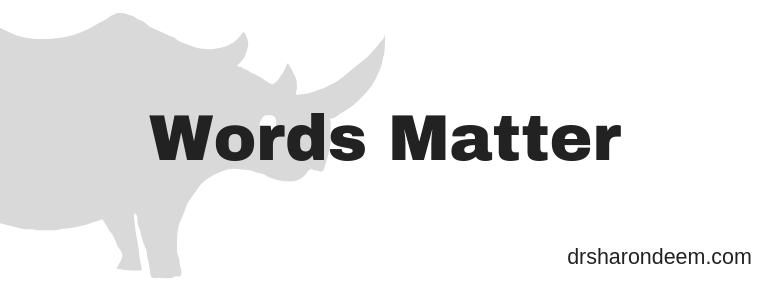Last month I heard three words spoken in the span of a few hours, but in two very different context. These words were “animal” and “words matter.” Six weeks later, I still hear them. The word animal, used during a press conference out of Odessa, Texas, following the latest mass shooting tragedy in our country’s gun violence epidemic, felt so out of place. I sat perplexed as I listened to the chief of police explain the event of the previous day. He said that his people had “caught the animal” that committed this crime. Had I heard correctly? Did the chief of police just say that the man that had driven around with an AR-15 randomly shooting humans was an “animal?” I wondered what type of animal the police chief was thinking of when he called him this.
Was the chief thinking of a male seahorse as it safely carries the eggs it fertilized until they are ready for release? Maybe the chief visualized a leatherback sea turtle as she slowing crawls up a sandy beach before spending hours preparing a warm and protective nest to lay her 80 eggs. Please tell me the chief was not thinking of a matriarch elephant standing tall as she tries to defend her herd from the poachers as they relentlessly move closer. Surely, the police chief could not be thinking of any of these as he described a man, who had hours earlier killed so many innocent people, as an “animal.”
Words matter
That same day I went to a church I had never attended to listen to a friend recently ordained as a reverend. She gave a beautiful sermon during which she told the congregation that “words matter.” She reminded us that although we may not always realize it, our words matter. All of them.
What then did the police chief convey to the thousands of people watching the press conference and listening to his every word that day? I fear his use of this one word—animal—to describe a ruthless killer provided countless viewers with an image of animals as negative, destructive, violent, predators. His one word mattered.
Humans are animals
How often do we hear a person that has committed a horrific act of violence be called an animal? All the time. Truth be told, when a person commits an unspeakable act, s/he is an animal. As a member of the class Mammalia, family Hominidae, genus Homo, species sapien, the man that randomly shot innocent people in Texas, on that first Saturday in September, was indeed an animal. Just as the police chief who made the statement is an animal. However, the tone the chief used for calling this AR-15 wielding maniac an “animal” was negative and meant to invoke a bad, nasty, evil, and violent being.
Every time we use the word animal as a derogative statement of an immoral human, we associate human evil with animals. This perpetuates the myth of animals as cruel. In this age of biodiversity loss, with an estimated 1 million species at risk of extinction (https://www.un.org/sustainabledevelopment/blog/2019/05/nature-decline-unprecedented-report/), we would do better to not associate animals with the bad guy. Let us call this gun-toting killer what he really was—a man with easy access to a gun and a very human desire to do heinous things to as many people as possible. We should not blame the sea horses, sea turtles, elephants, or any of the other amazing animals that still share our planet. Non-human animals need all the friends they can get, and words matter.


